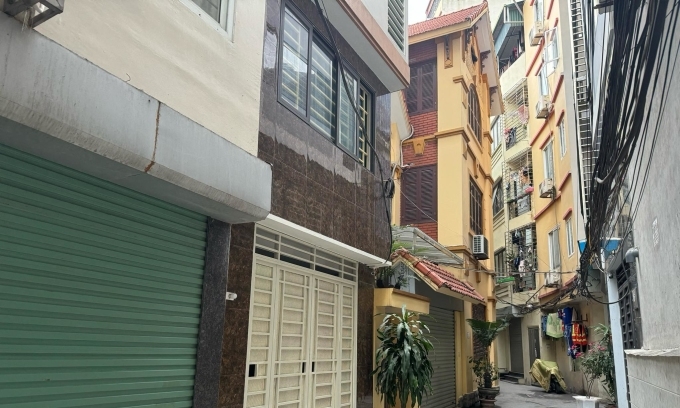Vietnamese Returnee Faces Tough Search for $700K Home in Ho Chi Minh City

Armed with US$700,000, my uncle believed purchasing a nice house in Ho Chi Minh City would be straightforward—until he encountered the unexpected twists of the property market.
Having spent almost four decades in Canada, my uncle has decided to return to Vietnam to live out his retirement since his spouse has passed away, his daughter is now settled with her family in France, and his son is based in the United States.
He thought that with a budget of VND18 billion (US$700,000), locating a nice house in Ho Chi Minh City It seemed simple initially. However, he quickly found out that homes in narrow lanes and tucked-away alleyways, even those in less accessible areas, were priced above VND10 billion—with some units soaring up to VND20 billion.
Despite the current market being described as "frozen," these small urban properties in city centers, typically spanning only several dozen square meters with obsolete designs, continue to be advertised at extremely high values. This situation probably holds true for Hanoi too.
My uncle mentioned that he prefers purchasing land in a nearby province where he can construct a home with a modest garden instead of dealing with the challenges of living in those skinny, high-rise buildings. At first, his preference was to acquire an urban residence for its ease of accessibility and proximity to healthcare facilities. However, upon carefully considering all factors, he opted to postpone making a final choice until later.
From my perspective, tube houses initially served as a pragmatic answer amidst swift urban expansion where space was limited and town planning lacked coherence. Today, these structures have transformed into costly investments. The cost of homes now overshadows their functional utility or livability, propelled instead by speculative trends, property retention for profit, and the conviction that "urban core real estate will inevitably appreciate in worth."
Indeed, urban center residences offer benefits such as prime locations and high resale value. However, labeling buildings only 4-5 meters wide as luxury assets highlights a skewed marketplace that prioritizes investment and property accumulation over actual livability requirements. Rather than having ample, well-lit spaces with gardens, numerous individuals opt for confined areas merely due to their inflated valuations running into billions.
Urban expansion projects ought to adhere to an integrated city plan aimed at enhancing facilities in peripheral regions to alleviate strain on downtown zones. This approach also promotes accessible living spaces, enforces fair levies on individuals with numerous holdings, and redirects focus away from property speculation towards residences being primarily dwellings rather than financial assets.
If you found yourself in my uncle's position, would you purchase a narrow house tucked away in an alley, or opt for constructing a large home on a piece of land in a nearby province outside Ho Chi Minh City?
*The opinion was translated into English with the assistance of AI. Readers’ views are personal and do not necessarily match VnExpress’ viewpoints.
Post a Comment for "Vietnamese Returnee Faces Tough Search for $700K Home in Ho Chi Minh City"